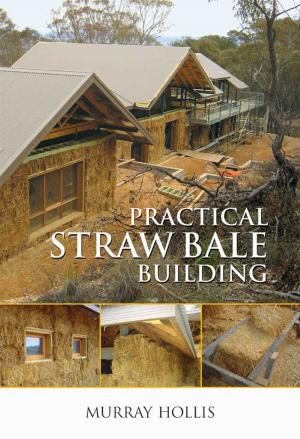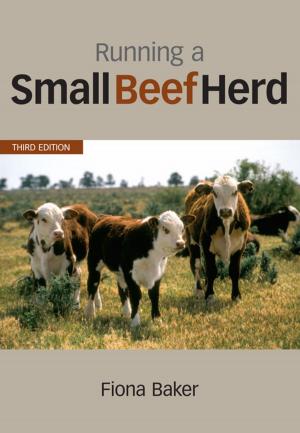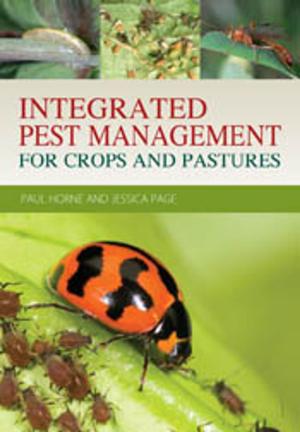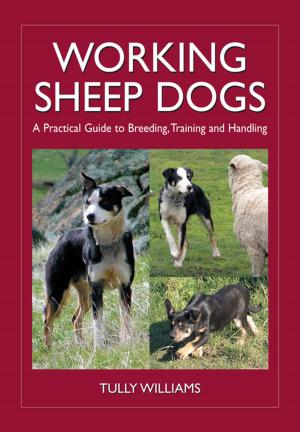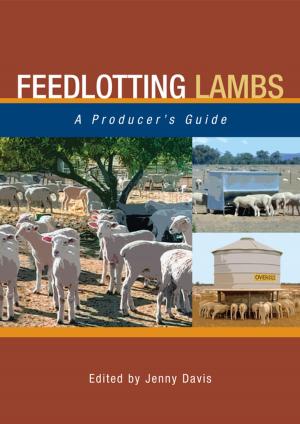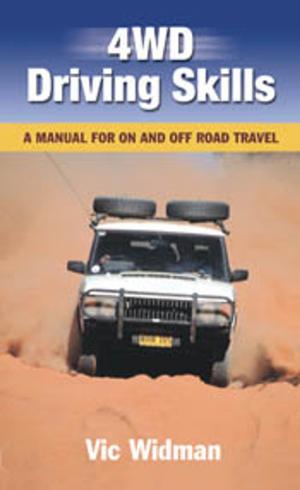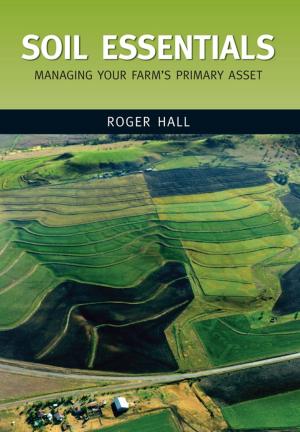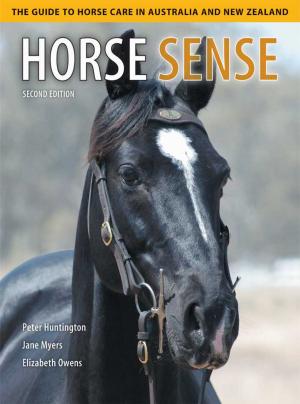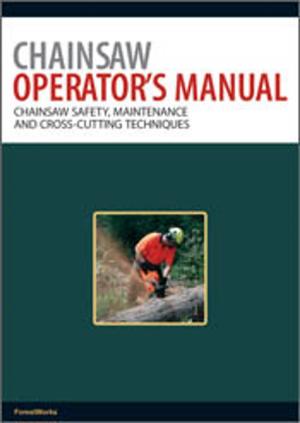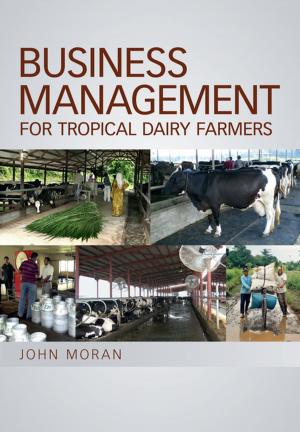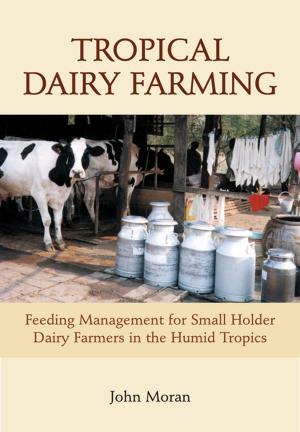| Author: | ISBN: | 9780643099562 | |
| Publisher: | Landlinks Press | Publication: | May 28, 2008 |
| Imprint: | Landlinks Press | Language: | English |
| Author: | |
| ISBN: | 9780643099562 |
| Publisher: | Landlinks Press |
| Publication: | May 28, 2008 |
| Imprint: | Landlinks Press |
| Language: | English |
There are more small farms in Australia than there are large, and this trend continues as an increasing number of larger farms are subdivided into smaller parcels. A growing demand for lifestyle blocks, in Australia and overseas, is fuelling an interest in the quieter, smaller breeds of cattle which have particular appeal as they are more manageable to control and maintain. Small Cattle for Small Farms is ideal for those people considering buying a small farm for lifestyle or commercial purposes. Written in response to the many questions the author was asked by those seeking to purchase small cattle, this practical and easy to understand guide provides an excellent introduction to small farming. The book assumes no prior experience with cattle, and covers all the basics to help you set up your small farm, including: types of cattle available, how to select your stock and care for them, stocking rates, fencing needs, vaccination requirements, methods of identification, and government requirements for land and stockowners. For those wishing to show their cattle, there is a chapter explaining how to prepare for competitions. A section on marketing details how to make a successful entry into the commercial beef industry, and a list of cattle organisations directs readers to more specific information for their chosen breeds.
There are more small farms in Australia than there are large, and this trend continues as an increasing number of larger farms are subdivided into smaller parcels. A growing demand for lifestyle blocks, in Australia and overseas, is fuelling an interest in the quieter, smaller breeds of cattle which have particular appeal as they are more manageable to control and maintain. Small Cattle for Small Farms is ideal for those people considering buying a small farm for lifestyle or commercial purposes. Written in response to the many questions the author was asked by those seeking to purchase small cattle, this practical and easy to understand guide provides an excellent introduction to small farming. The book assumes no prior experience with cattle, and covers all the basics to help you set up your small farm, including: types of cattle available, how to select your stock and care for them, stocking rates, fencing needs, vaccination requirements, methods of identification, and government requirements for land and stockowners. For those wishing to show their cattle, there is a chapter explaining how to prepare for competitions. A section on marketing details how to make a successful entry into the commercial beef industry, and a list of cattle organisations directs readers to more specific information for their chosen breeds.

